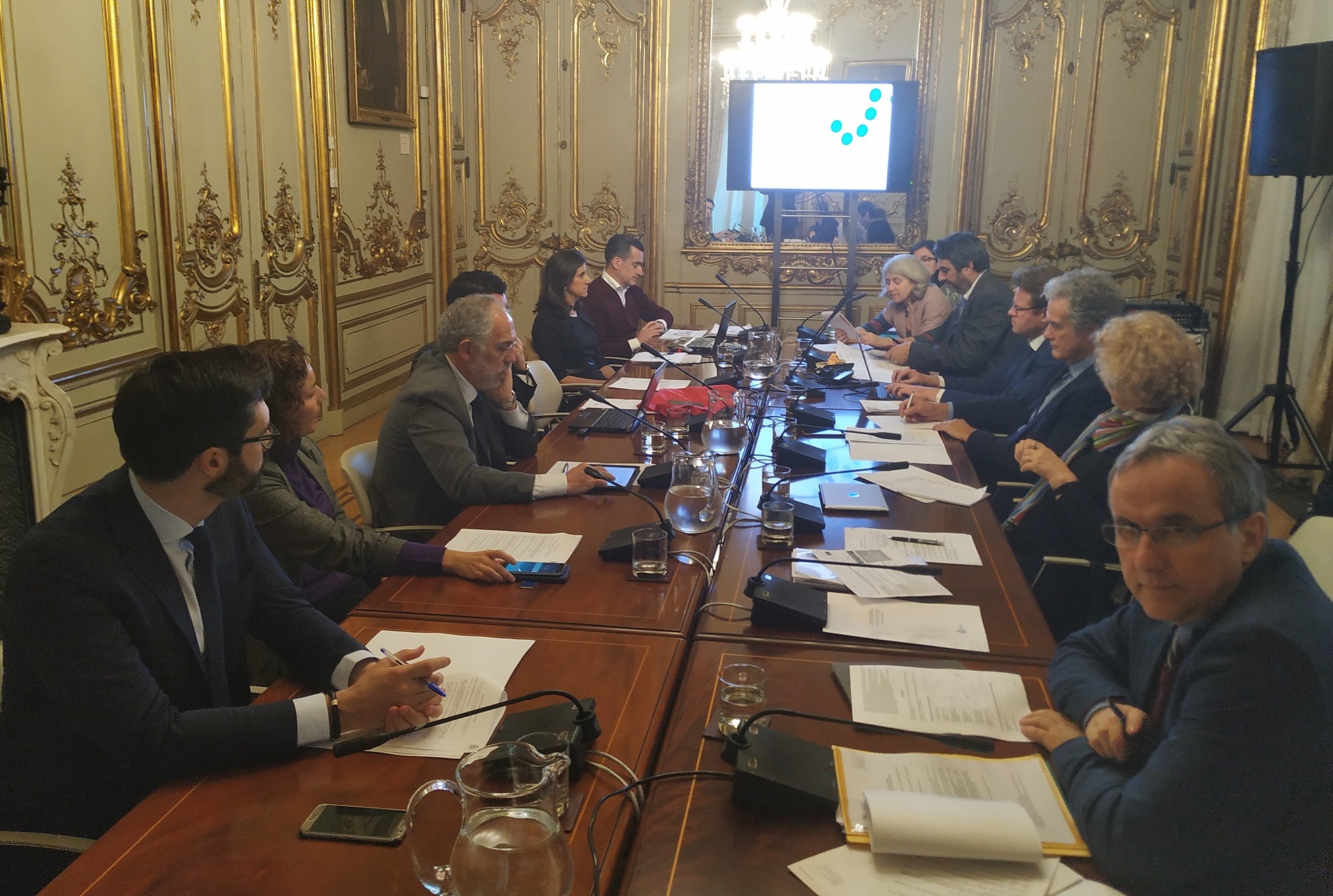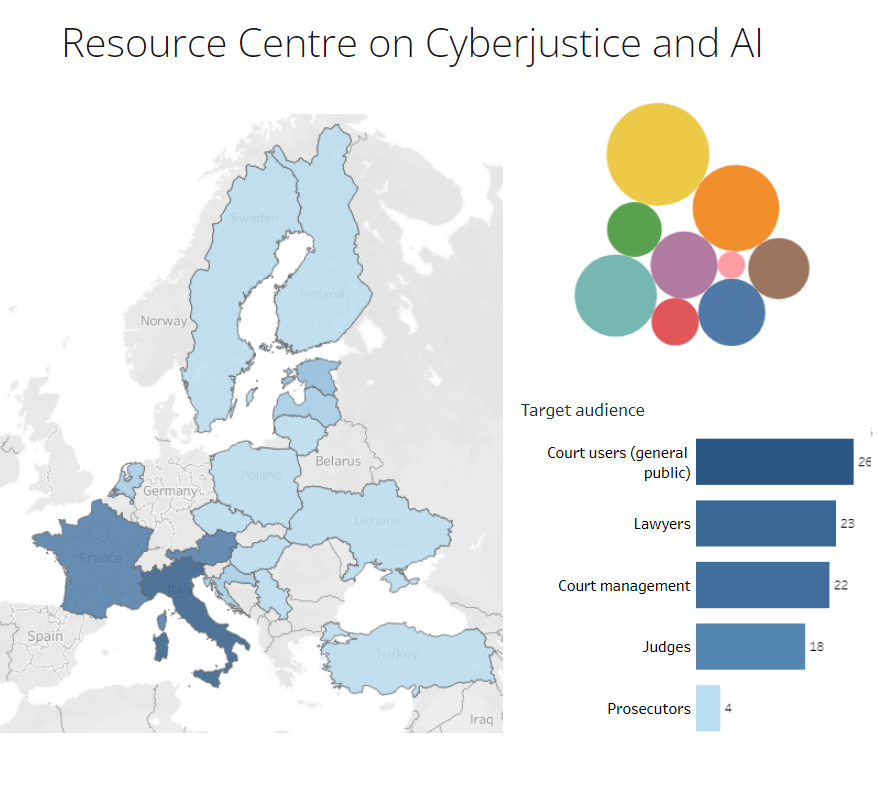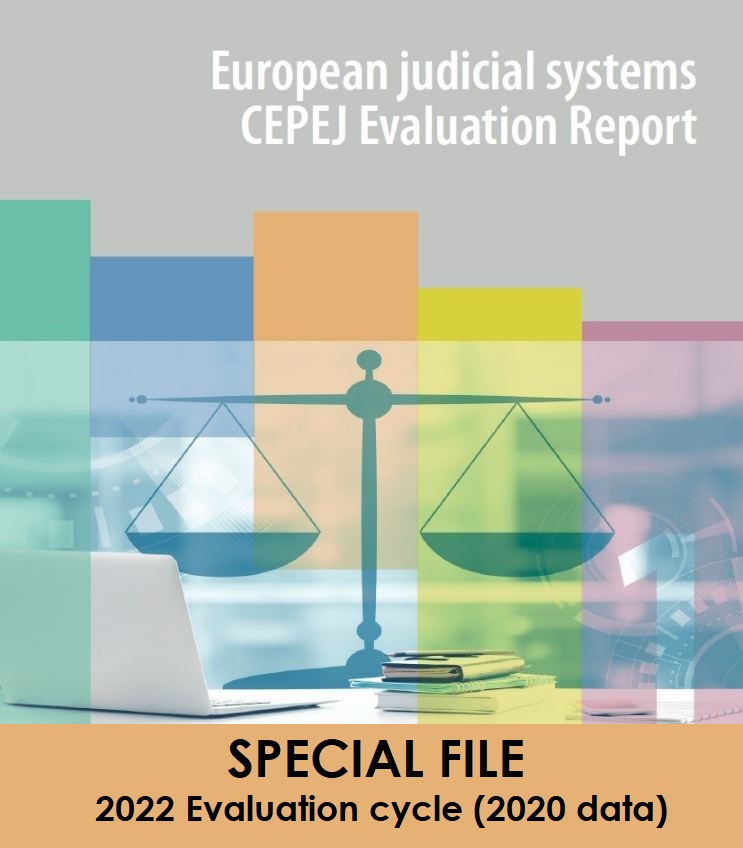In the course of two missions of the CEPEJ experts team to Spain, carried out on 12-13 December 2018 and on 13-15 February 2019, an exchange of information with national authorities and experts was engaged in view of promoting the implementation of cyberjustice tools through streamlined change management and improved public policies based on qualitative statistical data collection and analysis. The CEPEJ team including experts from the Netherlands, Italy, Switzerland, and France, held meetings with Mr Antonio Viejo Llorente, Judge, Secretary General for the Administration of Justice, with representatives of the Ministry of Justice (Directorate General for New Technologies of the Justice, Directorate for Modernisation Programming, Victims’ Assistance Unit), of the General Council for the Judiciary, the State Attorney General's Office, and the independent State Technical Committee on Electronic Judicial Administration etc. Extended consultations on the challenges in the implementation of the “Justicia Digital” programme led by the Ministry of Justice of Spain were conducted with such professional focus groups as judicial counsellors (Letrados de la Administración de Justicia), judges, prosecutors, and civil officers from courts representing different Autonomous Regions of Spain. A fact-finding visit to a Judicial Office in Cuenca was carried out, to witness the practical, day-to-day experience with the implementation of Minerva, an integrated case management system developed and implemented at the initiative of the Ministry of Justice, and of other IT tools of the “Justicia Digital” programme.
The cooperation under the project will be pursued through the organisation of workshops and exchanges of views on the ways to improve the process of implementation the “Justicia Digital” programme, based on the CEPEJ tools such as the Guidelines on how to drive change towards Cyberjustice (CEPEJ (2016)13) and the good practices of other European countries. In the final phase of the Project the CEPEJ team will produce and discuss with the national justice sector stakeholders reports with recommendations on an enhanced change management in the implementation of cyberjustice tools, on improving the collection and analysis of judicial statistics, including the use of judicial key performance indicators, and on the development of IT tools for the existing services to assist victims of crime.









